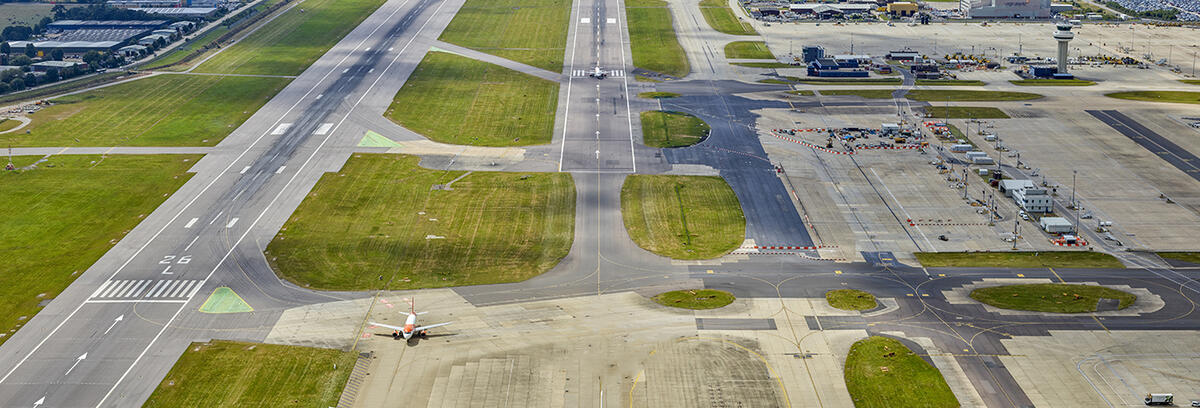Gatwick Expansion
Following Gatwick Airport's submissions of a Development Consent Order (a Planning Application that is made direct to Government) plans to bring the standby/emergency runway, just north of the main runway, into routine use for departing aircraft, inspection has concluded.
Chair, Lisa Scott attended all but 1 of the Hearing Sessions and raised many points that are of specific interest to Parish residents ranging from the overlooked impacts of ground noise of Hookwood residents and evidence of lack of capacity in Horley Sewage Treatment Works.
The size of the proposal is such that if it goes ahead, the airport to expand to the size of Heathrow - taking annual passenger numbers to 76 million and aircraft movements to 386,000 - it is classed as a Nationally Significant Infrastructure Project and Gatwick have to apply for a Development Consent Order (DCO) to build and operate the altered runway.
** Latest: The Parish Council's submission can be viewed below **
For the latest updates you can go to the Gatwick Area Conservation Campaigns website which can be found here

If approved Gatwick’s expansion would mean:
- over 70% more passengers using Gatwick
- over 35% more flights
- 50% more CO2 emissions from the airport, with Gatwick alone being responsible for over 5.5% of total UK emissions by 2038
- more ground noise near the airport and under flight paths
- more congestion on strategic road and rail links to the airport and fly parking on local roads
- five years of intensive construction activity around the airport.
The Parish Council has a Gatwick Working Group which will meets as needed
The consultation documents and response options can be viewed here:
As usual the Gatwick Area Conservation Campaign (GACC) is leading the fight to prevent Gatwick expansion and highlight the key issues which are sometimes hidden among the wealth of detail.
These responses will continue to be updated as more information is obtained. Residents can use this information in their responses but
If Gatwick are successful, the result will be devastating. More noise, more air pollution and even greater pressure on the already overstretched road and rail infrastructure. Critically, the expansion could add another one or two million tonnes of CO2 per year - nonsensical at a time when the impacts of global warming are becoming all too evident.